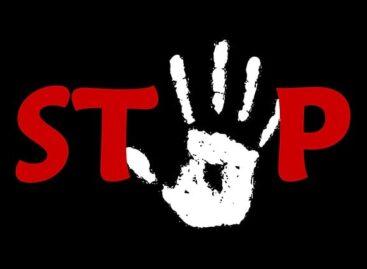Another scam is spreading – fraudsters are misusing the names of law firms
In recent weeks, many companies have come under a new type of attack – they receive emails that appear to be genuine solicitations from lawyers in the name of real Hungarian law firms, i.e. using their names. They may seem convincing at first, but they are a dangerous scam. The details are explained by lawyer Iván Bartal, a cybersecurity expert at Oppenheim Law Firm.
The suspicious letter

It can be observed that these letters arrive at unsuspecting companies using the names and even logos of real law firms, most often citing some kind of copyright infringement. An attached file that appears to be a PDF document promises a detailed explanation of the case, but contrary to the recipient’s expectations, this file actually installs a program on the user’s throat after downloading, which can open a “back door” to the unsuspecting victim’s computer, through which fraudsters can access data on the computer or even the network, thereby exposing the company to legal and cybersecurity risks.
“Since it is an installed program, antiviruses will not catch the malicious application, which can write itself deeply into the registry. Therefore, prevention can only be the solution,”
– says the Oppenheim expert.
Telltale signs
But how can damage be prevented? First of all, by being careful and recognizing the telltale signs.
- These letters usually do not come from an official email address, but from a public domain (typically a Gmail email address). A reputable law firm never communicates from a Gmail email address.
- The letter often contains strange, unintelligible sentences – as if it were written with a translation program.
- The letter usually contains the name of a lawyer or law firm – the easiest way to do this is to contact the firm before opening the attachment to see if the notice really came from them, or at least search the firm’s website for the name of the person signing the letter, because in the vast majority of cases the lawyer signing the letter is a fictional person.
Related news
Mother and son defrauded a department store of millions of forints using fake bottle return coupons
Police have arrested a woman and her son who defrauded…
Read more >Global semiconductor sales could grow 11.2 percent this year – WSTS
This year, global semiconductor sales are expected to grow by…
Read more >






